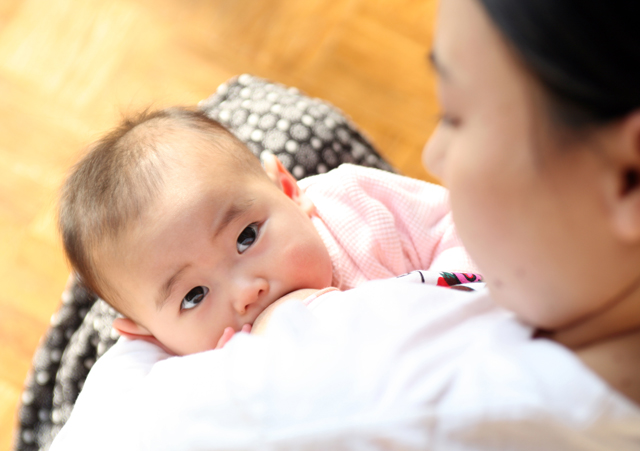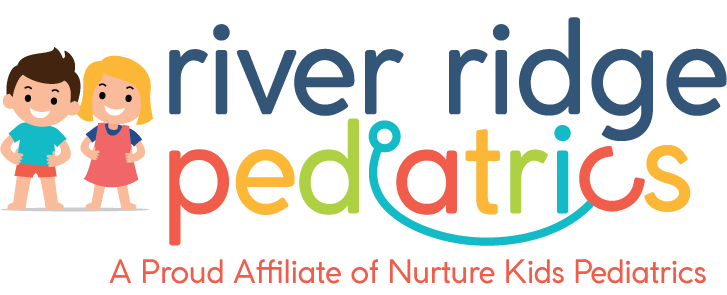Why Breast Milk is Best for Your Baby
Why Breast Milk is Best for Your Baby
Though breast feeding can be difficult at the beginning, particularly for first time mothers, it gets easier. I speak from experience and encourage other mothers to continue to breastfeed as long as you are able because somewhere between seeing newborns for their 2 week and 1 month visit, I see breast feeding rates drop off dramatically. So, while this may happen for a variety of legitimate reasons, I want to make sure you are at least aware and informed of all the benefits studies have proven to us regarding the effects of breast milk.
First off, the American Academy of Pediatrics promotes exclusively breast feeding in the first 6 months of life, and even after introduction of solid foods, up to at least a year of age because this will ultimately give your child the best chance of receiving the benefits of breast milk; but even if not able to breast feed for these long periods of time, studies still show some health benefit from breast feeding even if just in the first few months.
 Here are some examples cited from a 2012 article published in Pediatrics Journal:
Here are some examples cited from a 2012 article published in Pediatrics Journal:
“The risk of hospitalization for lower respiratory tract infections in the first year is reduced 72% if infants breastfed exclusively for more than 4 months.”
“Any breastfeeding compared with exclusive commercial infant formula feeding will reduce the incidence of otitis media by 23%. Exclusive breastfeeding for more than 3 months reduces the risk of otitis media by 50%.”
“Serious colds and ear and throat infections were reduced by 63% in infants who exclusively breastfed for 6 months.”
“Any breastfeeding is associated with a 64% reduction in the incidence of nonspecific gastrointestinal tract infections, and this effect lasts for 2 months after cessation of breastfeeding.”
“Breastfeeding is associated with a 36% reduced risk of [Sudden Infant Death Syndrome]…In the 42 developing countries in which 90% of the world’s childhood deaths occur, exclusive breastfeeding for 6 months and weaning after 1 year is the most effective intervention, with the potential of preventing more than 1 million infant deaths per year, equal to preventing 13% of the world’s childhood mortality.”
“There is a protective effect of exclusive breastfeeding for 3 to 4 months in reducing the incidence of clinical asthma, atopic dermatitis, and eczema by 27% in a low-risk population and up to 42% in infants with positive family history.”
“There is a reduction of 52% in the risk of developing celiac disease in infants who were breastfed at the time of gluten exposure.”
“There is a 15% to 30% reduction in adolescent and adult obesity rates if any breastfeeding occurred in infancy compared with no breastfeeding…The duration of breastfeeding also is inversely related to the risk of overweight; each month of breastfeeding being associated with a 4% reduction in risk.”
“Up to a 30% reduction in the incidence of type 1 diabetes mellitus is reported for infants who exclusively breastfed for at least 3 months.”
It’s best to have all the information before the arrival of your little one so that you make an informed decision, rather than one made off of emotions and fatigue as are often the first moments after delivery, when you are faced with making this crucial decision for you and baby, which is why we are here to help. Lactation consultants are also a great resource for making breast feeding a success during your hospital stay and even after.
First time parent and still undecided about what nutrition will suit you and baby best? Start the discussion with your Obstetrician and by scheduling a prenatal visit with us.

 Previous Post
Previous Post Next Post
Next Post



